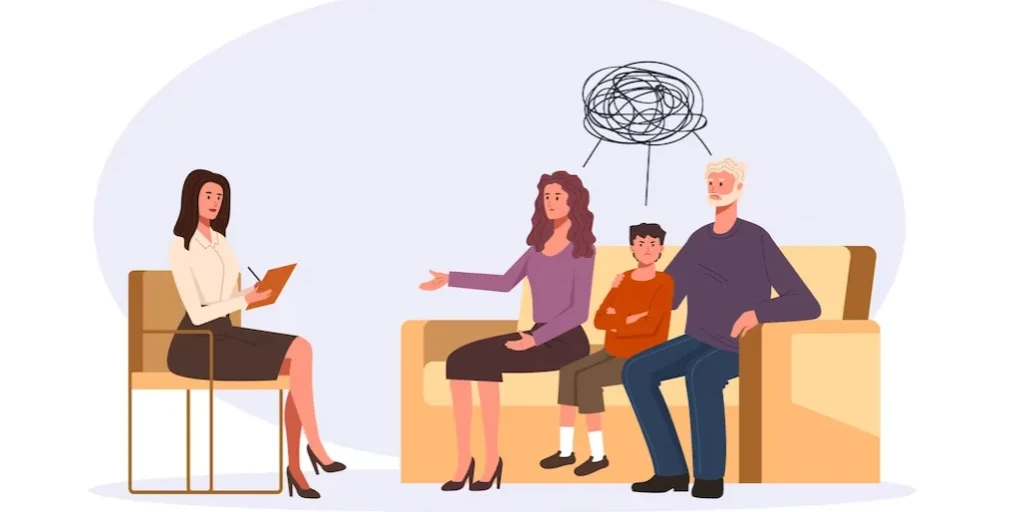plays a pivotal role in the rehabilitation journey for individuals recovering from various forms of addiction. These drug and alcohol rehabilitation centers specifically focus on providing essential support to those transitioning from intensive treatment back into daily life. The types of addiction treated at these centers encompass substance abuse, alcoholism, prescription drug dependence, and behavioral addictions, making it a holistic sanctuary for recovery. The treatment approach adopted by Aftercare Support rehab centers in Tyner combines counseling, support groups, skill development, and ongoing therapy, ensuring that recovering individuals remain connected and accountable during their healing process. Historically, Aftercare Support rehab centers in Tyner emerged to fill the gap in continuum care for individuals out of inpatient treatment, evolving significantly over recent decades to incorporate evidence-based practices and a supportive community approach. The centers have tremendously impacted the landscape of addiction recovery in the US, showing that sustained support minimizes relapse rates and promotes long-term recovery success. Engaging with Aftercare Support rehab centers in Tyner is essential for anyone seeking to overcome addiction, fostering resilience and personal growth. To dive deeper into the transformative power of these facilities, read on as we explore crucial statistics, services, payment options, best practices, key considerations, and frequently asked questions that surround Aftercare Support treatment in Tyner.
Learn more about Aftercare Support centers in Tyner














































